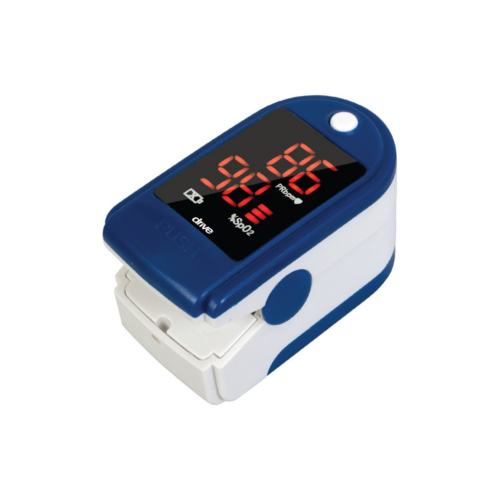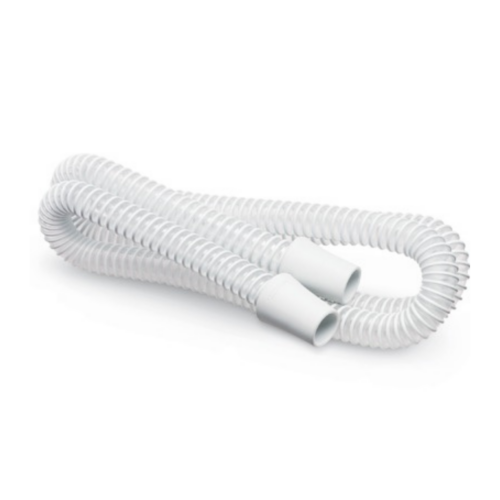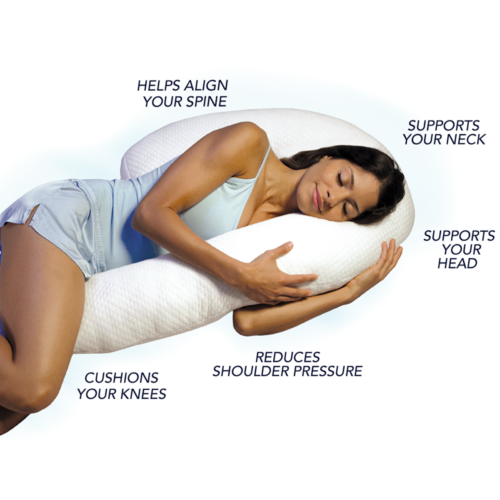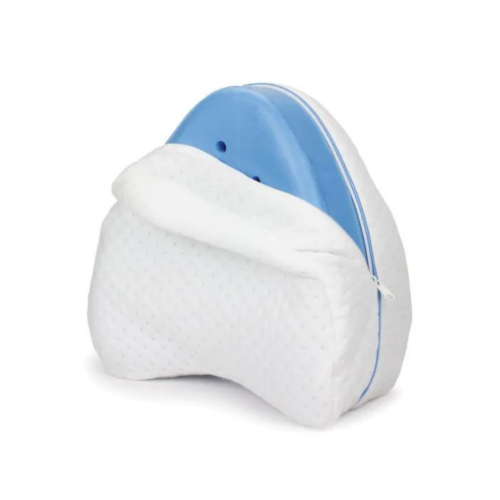Entering menopause signifies a natural transition in a woman’s life, signaling the closure of her reproductive years. This period, accompanied by hormonal fluctuations, often brings about sleep disruptions that can significantly impact overall well-being. From battling hot flashes and night sweats to grappling with insomnia and sleep apnea, navigating through menopause-related sleep challenges can be daunting. Nevertheless, armed with effective strategies and a commitment to prioritizing sleep, women can regain control over their sleep patterns, balance their hormones, and reclaim peaceful nights. Let’s explore a step-by-step roadmap to achieving better sleep during the menopausal journey.
Decoding Hormonal Shifts
Menopause triggers a decline in estrogen and progesterone levels, leading to alterations in the body’s sleep-wake cycle and temperature regulation. These hormonal fluctuations often disturb sleep patterns, making it difficult to both fall asleep and stay asleep throughout the night.
Confronting Sleep Apnea
Post-menopause, women face an increased risk of sleep apnea, a condition marked by breathing interruptions during sleep. Hormonal shifts, combined with age-related weight gain and anatomical changes in the upper airway, increase the likelihood of sleep apnea. Recognizing symptoms like loud snoring, gasping for air during sleep, and daytime exhaustion is pivotal for seeking timely intervention and enhancing sleep quality.

Managing Hot Flashes and Night Sweats
Hot flashes and night sweats, prevalent menopausal symptoms, disrupt sleep by inducing discomfort and nocturnal awakenings. Implementing strategies such as maintaining a cool bedroom environment, utilizing breathable bedding, practicing relaxation techniques before bedtime, and opting for cooler and more comfortable sleep attire can mitigate these symptoms and promote better sleep.
Enhancing Sleep Hygiene
Establishing a consistent bedtime routine and cultivating a sleep-conducive environment are vital for enhancing sleep quality during menopause. Adhering to a regular sleep schedule, minimizing caffeine and alcohol consumption before bedtime, refraining from electronic devices in the bedroom, and engaging in calming activities like reading or taking a warm bath signal to the body that it’s time to unwind and prepare for sleep.

Prioritizing Self-Care
Incorporating self-care practices such as regular physical activity, stress management techniques, and maintaining a balanced diet can positively influence sleep quality and overall well-being during menopause. Exercise aids in hormone regulation, stress reduction, and improved sleep, while stress management methods like mindfulness, meditation and deep breathing foster relaxation and tranquility before bedtime.
Seeking Expert Guidance
Persistent sleep disturbances warrant professional evaluation by healthcare providers, including primary care physicians or sleep specialists. A comprehensive assessment can help pinpoint underlying sleep disorders or medical conditions contributing to sleep disruptions, guiding appropriate treatment modalities such as hormone therapy, cognitive-behavioral therapy for insomnia (CBT-I), or continuous positive airway pressure (CPAP) therapy for sleep apnea.
While menopause brings about significant changes in women’s sleep patterns and overall well-being, proactive measures and support systems can facilitate a smoother transition. By comprehending the impact of hormonal shifts, addressing sleep apnea, managing symptoms like hot flashes and night sweats, refining sleep hygiene practices, prioritizing self-care, and seeking professional assistance as needed, women can reclaim control over their sleep and embrace better health and vitality throughout menopause and beyond.










